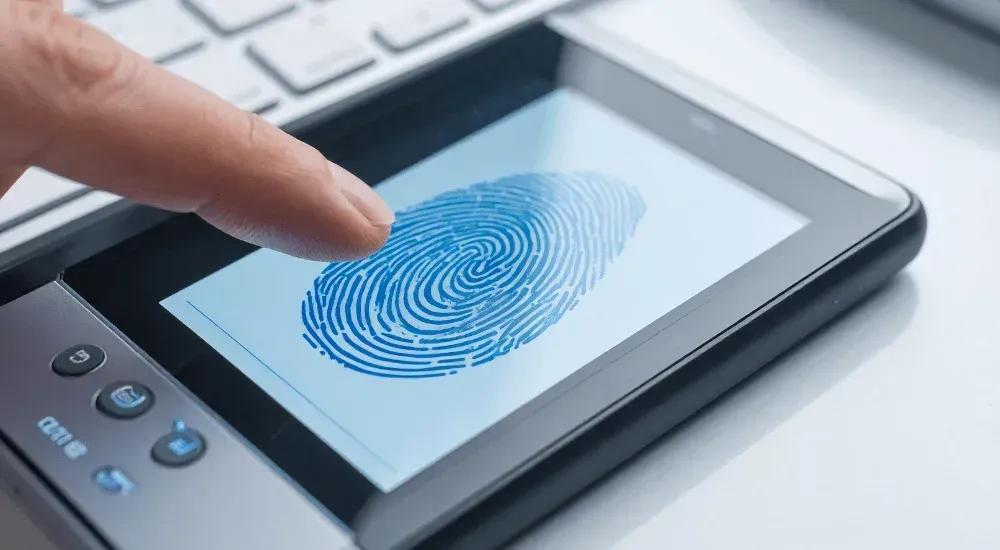Europe rolls out biometric border checks for non-EU travelers
Europe rolls out biometric border checks for non-EU travelers


In a landmark shift for European border control, the European Union officially launched its long-anticipated Entry/Exit System (EES) on October 12, 2025, replacing the traditional passport stamping process with a new biometric registration system. The rollout applies to all 29 countries in the Schengen area and marks one of the most significant updates to border procedures in recent decades.
Under the new system, non-EU travelers entering the Schengen zone will have their facial image and fingerprints scanned at their first point of entry. This data is stored digitally, eliminating the need for repeat passport stamps on future visits and providing a more seamless travel experience.
The EES is now operational across major international airports and is being gradually introduced at land borders, seaports, and train terminals. According to the European Travel Information & Authorization System (ETIAS), the system enhances security by creating a precise, digital record of who enters and exits the bloc. Officials say this will help identify overstays, combat identity fraud, and improve data-sharing across member states.
Authorities also argue that the system will reduce wait times at borders and improve traveler flow by automating much of the manual passport processing. The collected data remains protected under strict EU privacy laws, with built-in safeguards to prevent misuse.
Want more digital nomad news?
Sign up for our free newsletter and get upcoming articles straight to your inbox.
You can also follow us on Instagram and join our digital nomad community to find places, workspaces and events and connect with other members of our growing digital nomad community. We'll see you there, Freaking Nomads!
Read Next


Egypt Airports Go Fully Digital for Immigration Cards Starting February 2026


Kazakhstan expands visa-free travel to 56 countries



